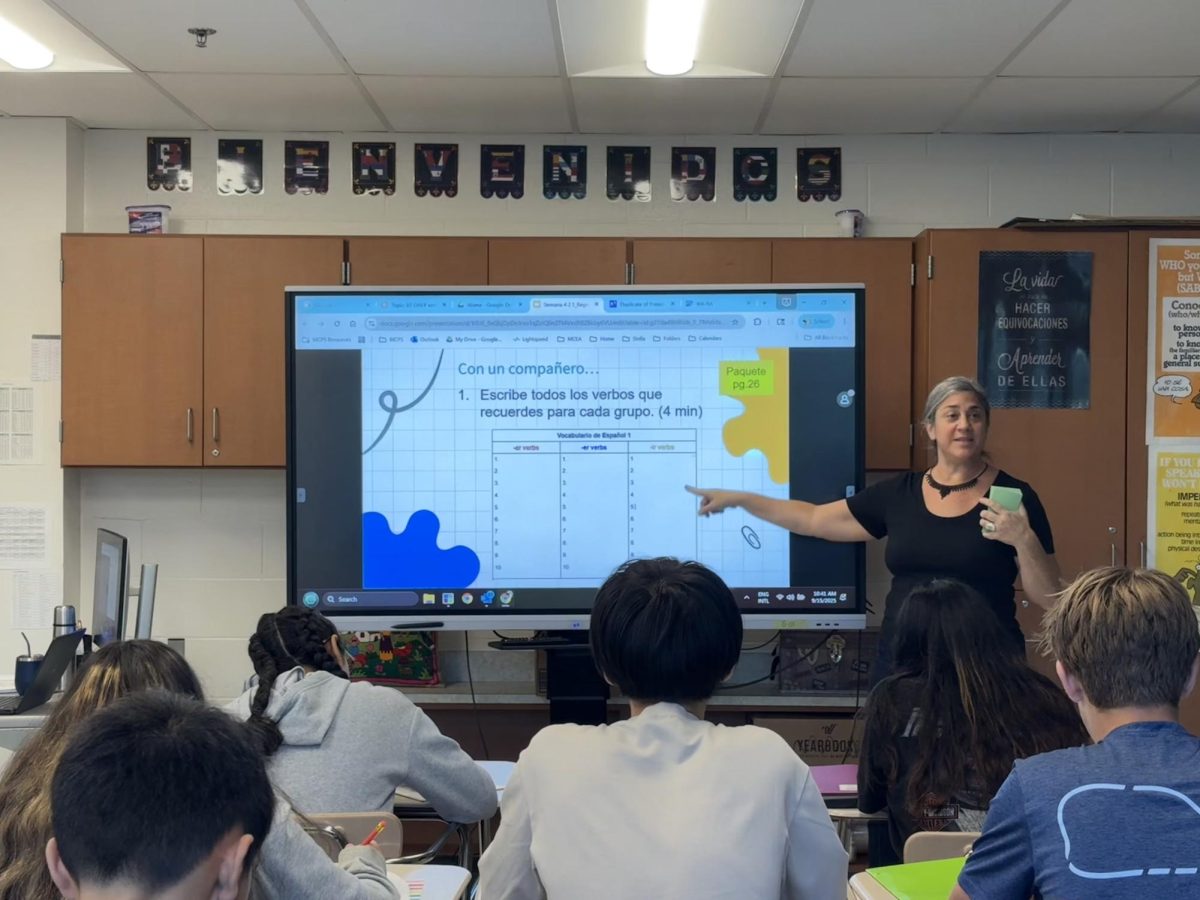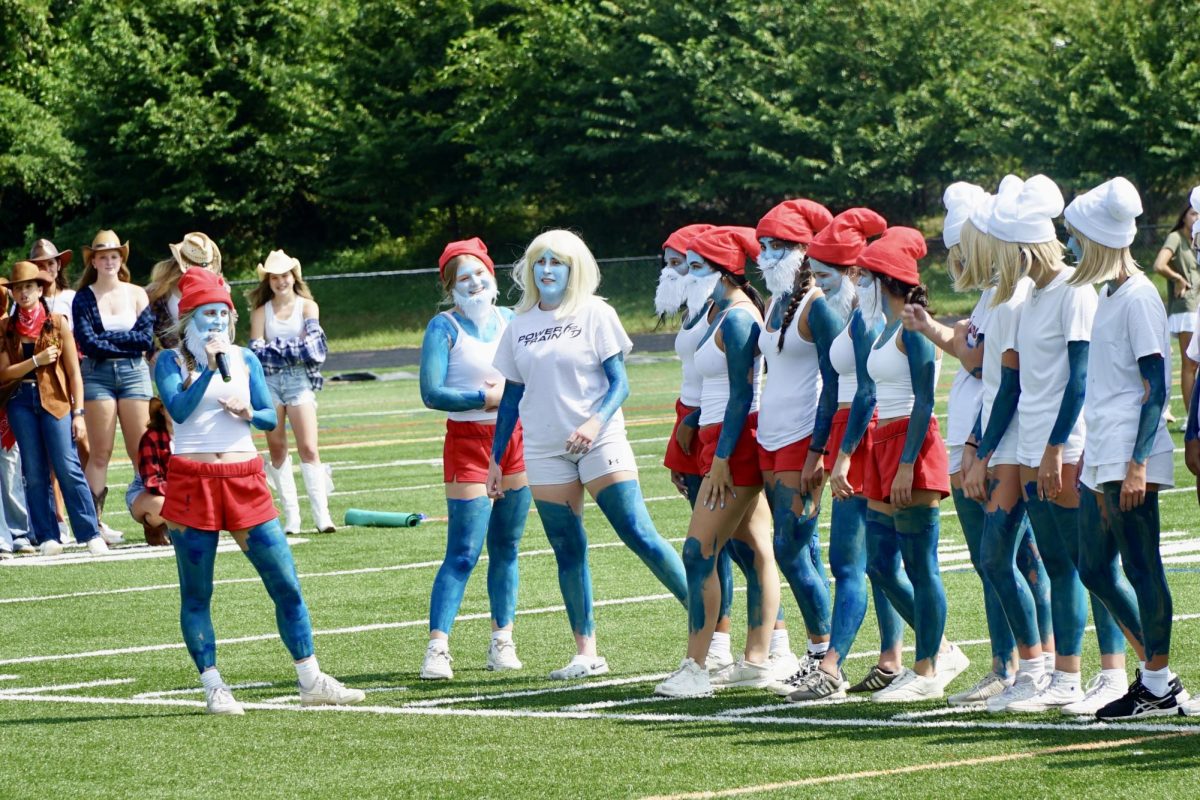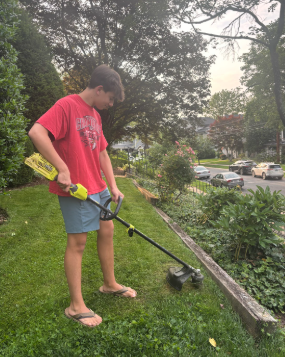In George Orwell’s “1984,” one of the jobs available under the totalitarian regime was to delete words. Yes — delete words. This society operated under the notion that their vocabulary is only as vast as the government wanted it to be. So the job of these workers, such as the main character Winston Smith, was to eliminate forbidden words from past documents – texts, newspapers, media – so that the words could no longer be referenced or retrieved. Too many words would result in too many opportunities to criticize the government or think independently. Their language was called “Newspeak” and it was constantly subject to shrinkage. The more simplistic, the more desirable to the oppressive ruling force.
Terrible, right? Here in America, where we gloat about and tout our freedom of speech, such an act would be immediately condemned by all citizens: all speakers, writers, actors and the rest.
Or so we think.
I like to think I am attentive to the use of language. My mother is an English teacher and my father is a published author and an overly critical editor (mainly to legal documents, not students’ papers). I am no less than obsessed with satire and wit — two forms of humor that rely on deliberate manipulation of words in specific contexts. I also write for the school newspaper, as you may have noticed. If you are familiar with my writing, you know that I used to write a column that criticized facets of my generation, Generation Z. So here I am, ready to criticize our generation’s use of language.
My point in mentioning George Orwell’s dystopia is that he perfectly conveyed the terror that should be associated with a diminishing standardized vocabulary. He did this by associating the small inventory of words with a communist regime, an idea many Americans fear more than a Sunday without football.
What if I told you that our vocabulary is shrinking as well, but there is no government force directly behind it? What if I told you the culprit was not Big Brother, the omnipresent ruler in Oceania, but instead social media? Would that scare you or would you immediately refute my claim, favoring the platforms of friendly socialization and bountiful validation?
That is a question for you to answer. I am only here to make a claim: social media is shrinking our active vocabulary. I’ll list a few phrases that you may have heard before: “That’s on _____ luv,” “It’s the _____ for me,” “Ayo _____ check,” “simp,” “That’s on period,” “not me _____.”
Popular expressions are no more original than the Mad Libs we filled out during road trips when we were eight years old. Not only do some of these phrases appropriate AAVE (African American Vernacular English), but they are also so overused that they’ve largely lost their influence among a wider audience. Unfortunately, that brief list of phrases was only a fraction of the social media inventory, which is mainly made up of phrases used in the present. During any given period, there are likely a select few phrases from various social media sites that are clung onto by the tongues of our friends and overused to a point of obsession. And that’s the thing about language. Overuse leads to an underwhelming effect. And language should be used to persuade, communicate, educate, preach, convince.
This became apparent to me recently, as I’ve listened to some friends say, “That’s on toxicity luv.” What toxicity, you may ask? They are usually referring to the toxic nature of intimate relationships in their lives. But how was this conveyed? As a reference to a TikTok saying (the onset of unhealthy coping mechanisms that have spewed from social media, however, is a whole ‘nother conversation). A less observant, less concerned person would interpret this statement as no more than a joke. And this is not the listener’s fault because the speaker chose the manner of speech. But it may not have been a conscious choice.
With most teenagers’ never-ending exposure to social media platforms such as Twitter and TikTok, the absorbance of meaningless phrases is an inevitable byproduct. If I haven’t made my point clear enough with the past example, consider the use of idioms and cliches. If you were struggling emotionally and I said to you, “the grass is always greener on the other side,” how much of an impact would this have? Probably not much, because that phrase has been overused. Now let’s go back to the “That’s on toxicity luv” reference. If “That’s on _____ luv” has been used by the majority of TikTok users, would the listener think much of the statement?
In these all-too-common phrases, the shrinkage of our speech is evident. We overuse phrases that aren’t even applicable to most contexts, just because they are phrases we are familiar with through social media. And we do this instead of attempting to formulate an original thought. It compares to the small inventory of words in Orwell’s 1984, but we don’t realize just how small ours is becoming.
Now I will acknowledge a few relevant qualifiers: not all people have TikTok or Twitter, many people still treasure the use of articulate word usage and the use of media references is not a new addition to conversation. But with the obsessive use of social media in our present lives — especially during a time when alternative activities are not always feasible — the use of overused language will only intensify. So let’s try to avoid a reenactment of Orwell’s simplistic society and treasure the one in which our dictionaries keep growing.





















